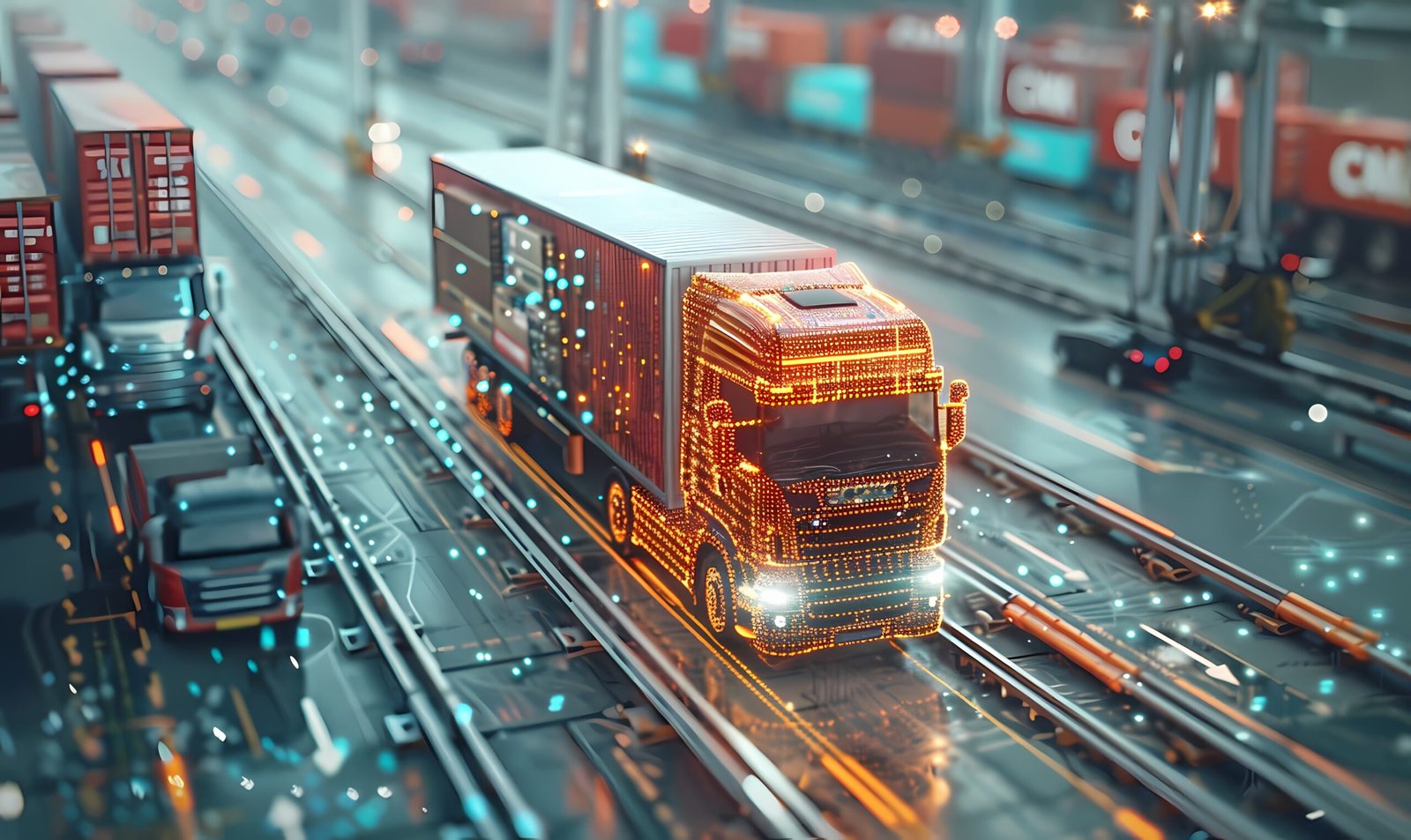News List
Dubai launches two-phase regulatory framework for autonomous heavy trucks under Logistics Strategy 2030

In a landmark move towards future-ready logistics, Dubai has officially rolled out a comprehensive regulatory framework for autonomous heavy vehicles. The initiative, spearheaded by the Roads and Transport Authority (RTA), is designed to transform the emirate’s freight sector, enhance competitiveness, and accelerate its progress toward 25% autonomous mobility by 2030.
The announcement comes just a week after Dubai permitted three Chinese firms — Baidu’s Apollo Go, WeRide, and Pony.ai — to begin real-world driverless car trials, reinforcing the emirate’s position as a global smart mobility leader.
A two-phase plan for heavy truck deployment
The framework is being launched in two phases to ensure safe and controlled integration of autonomous trucks into Dubai’s logistics network.
Phase One concentrated on:
- Identifying regulatory and operational pillars
- Defining licensing standards for autonomous heavy vehicles
- Meeting sustainability and safety benchmarks
- Strengthening the investment climate for private sector participation
Phase Two establishes five strategic pilot routes, chosen for their significance in freight operations:
- Jebel Ali Port
- Al Maktoum International Airport
- Jebel Ali Port Rail Freight Station
- Dubai Investment Park
- Ibn Battuta Mall
Some routes will initially deploy trucks with safety drivers, while others will operate in fully autonomous mode, allowing the RTA to balance innovation with operational oversight.
Aligning with Dubai’s D33 Economic Agenda
His Excellency Mattar Al Tayer, Director-General and Chairman of the RTA, highlighted the framework’s alignment with the Dubai Economic Agenda (D33), which aims to double the city’s economy over the next decade.
“The regulatory framework is a key component in supporting the logistics sector by harnessing autonomous driving technologies to increase operational efficiency, reduce carbon emissions, and enhance traffic safety,” Al Tayer stated.
Dubai’s land logistics sector currently comprises 61,290 heavy vehicles, ranging from 3.5 to 65 tons. The framework has been carefully designed to regulate this vast fleet while laying the foundation for next-generation autonomous deployments.
Strategy-driven, technology-backed transformation
The initiative forms part of the Dubai Land Commercial and Logistics Transport Strategy 2030, which sets ambitious sectoral goals:
- Double economic contribution to AED 16.8 billion
- 75% increase in technology adoption across logistics infrastructure
- 30% reduction in carbon emissions
- 10% boost in operational efficiency
To achieve these outcomes, the framework integrates with six specialized Dubai strategies, including:
- Traffic Safety Strategy
- Autonomous Mobility Strategy
- Zero-Emission Public Transport Strategy
- Assets Strategy
- Investment Strategy
- Digital Strategy
Additionally, the plan incorporates 17 key projects, all aimed at modernizing freight and logistics through regulation, technology adoption, and sustainability.
Building on Chinese AV partnerships
The regulatory rollout follows a major milestone in passenger mobility, when the RTA issued permits for Baidu’s Apollo Go, WeRide, and Pony.ai to test driverless cars on public roads. These companies are among the global leaders in autonomous vehicle technology, and their deployment in Dubai underscores the emirate’s openness to international collaboration.
The passenger trials — some of which will feed directly into Dubai’s plans for self-driving taxi services — will complement the freight-focused heavy truck framework. Together, these developments accelerate Dubai’s journey toward becoming one of the world’s most advanced hubs for smart mobility.
Setting global benchmarks
Dubai’s proactive regulatory model stands out at a time when many countries are still piloting autonomous transport in limited contexts. By integrating licensing, safety, investment, and operational guidelines into a single framework, the emirate is setting a global benchmark for how autonomous freight systems can be introduced at scale.
Al Tayer called on logistics operators, retailers, and international companies to participate in the pilot phase:
“We hope that institutions and companies operating in the commercial and land logistics sector in Dubai, as well as representatives of international companies, will participate in the initial trials. Together, we can raise the sector’s profile and enhance its competitiveness at regional and international levels.”
With its advanced road infrastructure, digital communication networks, and commitment to global best practices, Dubai is now uniquely positioned to lead the adoption of autonomous freight.
Looking ahead
By pairing the launch of the heavy truck regulatory framework with ongoing autonomous passenger vehicle trials, Dubai is moving decisively toward its 2030 target of 25% autonomous mobility.
The strategy not only promises to reshape freight logistics but also contributes to Dubai’s broader climate goals, technological leadership, and economic diversification efforts — cementing its place as a pioneer in smart, sustainable transport.
